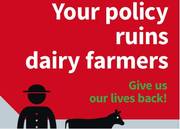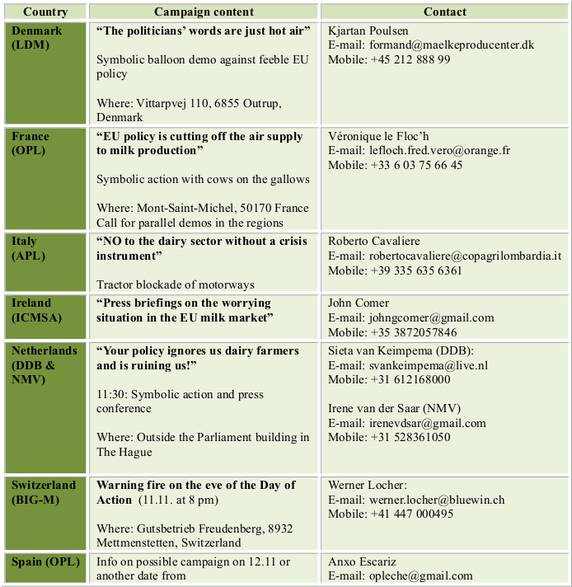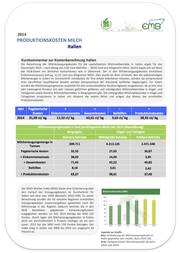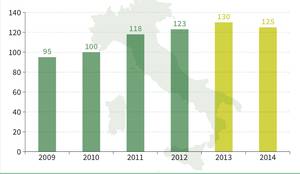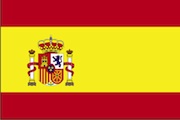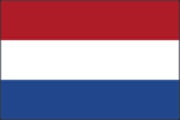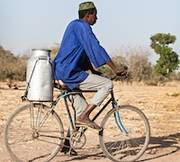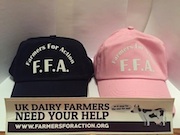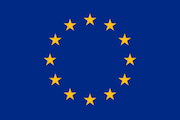EMB Newsletter November 2015
Newsletter as PDF
Contact
EMB - European Milk Board asbl
Rue de la Loi 155
B-1040 Bruxelles
Phone: +32 - 2808 - 1935
Fax: +32 - 2808 - 8265
Dear dairy farmers and interested parties,
As this dry spell continues for us producers, the situation on individual farms is becoming increasingly dramatic. From every country, there are daily reports of farms being forced out of business. For a while now, this has not been the case only on small farms, but the so-called "growth farms", which invested heavily in the lead-up to the end of milk quotas, are also being affected. One also cannot forget the many young farmers, who expanded their production facilities and can no longer pay their bills.
European dairy farmers will not be able to survive much longer on current milk prices. It seem to us milk producers that the EU is consciously letting its dairy farmers die out; what else can explain the total lack of structural measures for the dairy sector? When will Agriculture Commissioner Hogan finally understand that the situation is dire?
At our recent general assembly in Montichiari, the irritation of the member associations at the apathy of policy-makers was palpable. As a result, demonstrations and events are going to take place in various European countries on November 12 to tell those responsible loud and clear that we need real solutions, not an aid package!
On the day of action, Italian milk producers are going to mobilise against the destructive dairy policy with their tractors. Our member organisations have also announced major demonstrations in their respective countries. We milk producers want to make ourselves heard all over Europe on November 12!
For months now, milk prices in Italy have been at rock bottom and we - like colleagues in other countries - have not been covering out costs. A recent study has calculated an average price of 42.61 cents/kilogramme of milk in Italy for 2014. Subtracting EU subsidies, the price would be 38.92 cents. Further details about this cost study are included in this newsletter, together with the usual updates about the situation in different countries.
There is, nonetheless, some good news to report from the World Expo in Milan. Our organisation APL was part of the EXPO for the 6 months from May to October 2015 with its project "Buono e Onesto" (the name for Fair Milk in Italy). We were able to present our brand to a large audience and were also able to make important contacts for distribution and thus the future of our milk producers.
Roberto Cavaliere, EMB Board Member and President of APL Italy
12 November 2015: Day of action with strong protests against ignorant EU milk policy
Presentation of the latest milk production costs in Italy
Spain: prepared to start new actions
Netherlands: Fear of phosphate rights
Germany: Disputes about export strategy
Great Britain: Co-ops behaving like corporate groups
News from Brussels
Impressum
European Milk Board asbl
Rue de la Loi 155
B-1040 Bruxelles
Phone: +32 2808 1935
Fax: +32 2808 8265
E-Mail: office@europeanmilkboard.org
Website: http://www.europeanmilkboard.org

